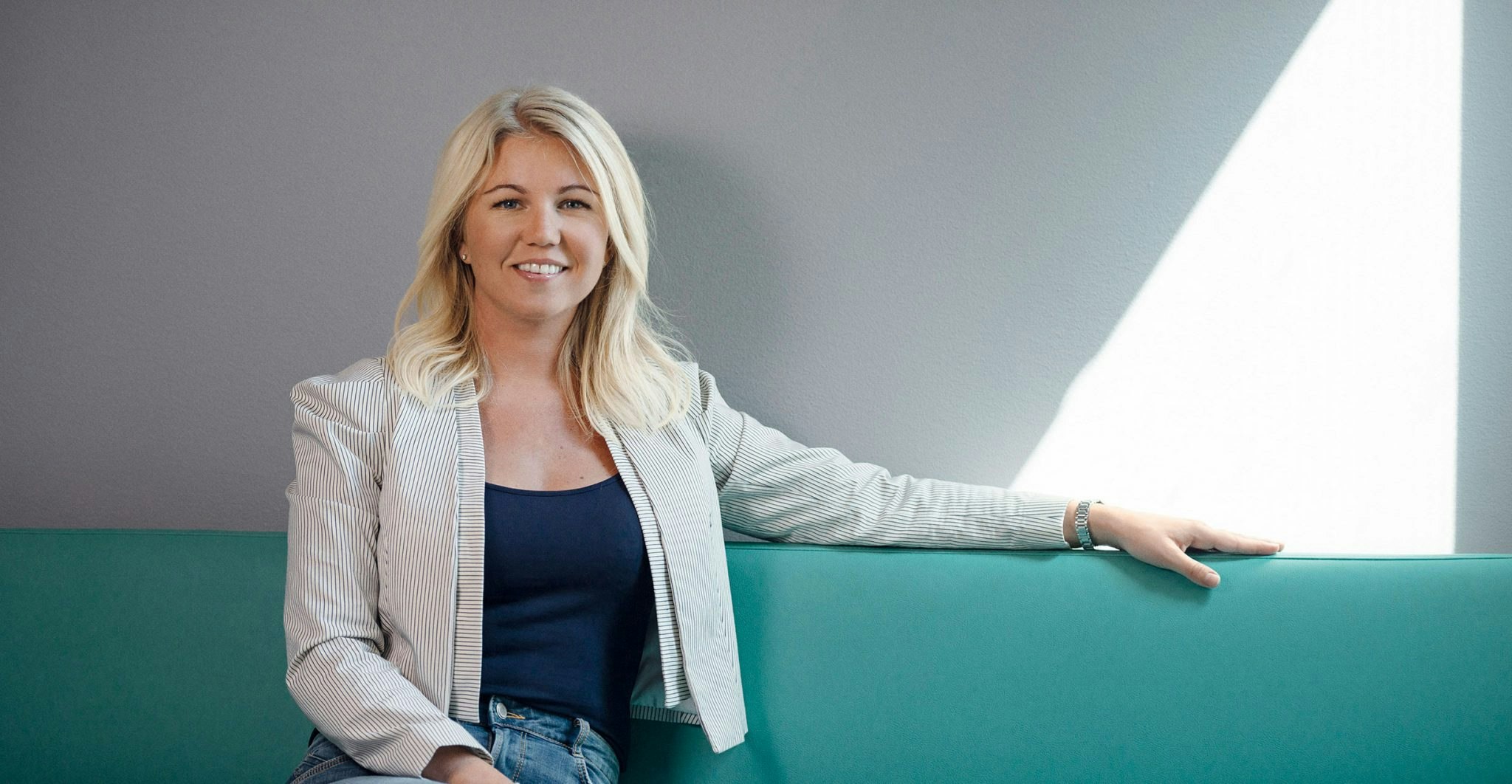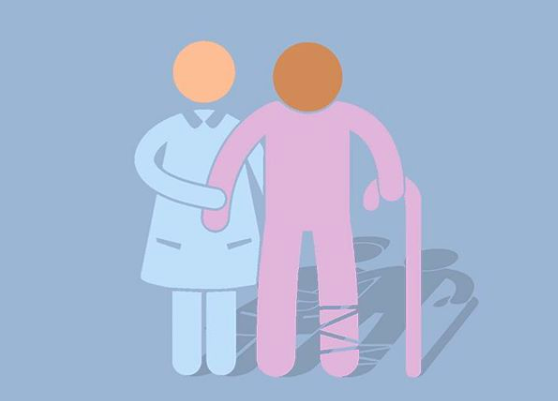There are many industries where institutional and social biases provide ignorant but powerful barriers. The health industry is a prime example.
One may ask, which is the most likely scenario: a 45-year-old man talking about how he feels depressed and unfulfilled to his friends in the pub; a teenager asking for guidance from their friends about how to think about safe sex; or a 25-year-old man making queries about erectile dysfunction?
In reality, there is no correct answer. It’s not that people don’t ask these questions. It’s that conversations such as these are deemed ‘inappropriate’ in society, and are brushed under the carpet.
In fact, demand for services that support or address some of the most personally felt challenges is far-reaching. Take Hims for example, a US company which sells erectile dysfunction medications. Its day one revenues were $1m. Whilst the conversations don’t seem to be happening in view, it is clear that the demand is there.
Hims has become a common example in this field, but the concept rings true elsewhere too. Elvie, boasting its kegel exercise trainers and breast pumps, provides a lifeline to women facing common problems associated with childbirth and ageing. These are topics many people feel awkward talking about, but Elvie is boldly encouraging dialogue in this space: earlier this month, the startup placed 50ft inflatable breasts across central London to spark conversation.

The latent demand in this field is impressive. With a well thought-through product, the growth and impact that can be unlocked can be incredible.
When Elvie launched its US ecommerce site with a limited release of its breast pump product, the site crashed in minutes. There are now more than 17,000 people on the US waiting list.
Overcoming inertia or using a previously unknown product is a challenge that most new companies face. However, when applied to businesses addressing some of the most personal and intimate areas of health, this equation seems to be inverted. Whilst you might expect that the more personal the topic, the more challenging it is to overcome, it would seem that the level of latent demand is such, that when you do provide a solution, the most personal topics are those where customers are most willing to take a leap of faith.
The most personal topics are those where customers are most willing to take a leap of faith.
Take for example the selection of period tracking apps like Clue and Natural Cycles. The fact that there aren’t really any sensible alternatives has led to customers suspending any doubts they have about the apps because the problem is just so enormous that they want it fixed. They care enough about the problem to commit to doing things differently — so much so, that Clue now has a user base of 8m, having reached one million users less than two years after the app launched.
The level of institutional and cultural bias has in many ways meant that we have also seen low levels of innovation and investment in these “taboo” areas. There is unmet demand, and there are customers willing to quickly place their trust in a company that addresses their largest problems, but the solutions in many places just don’t exist.
The silencing of “taboo” issues has gone on for too long. Now is the time for investors to recognise the huge business and market opportunity that standing up to the embarrassing questions others shy away from presents.

